Research, News & Discoveries
-

The β cell’s path to success: Balancing insulin production and storage
By Deborah Roby Irina Kaverina. The Cell and Developmental Biology labs of Irina Kaverina and collaborators Guoqiang Gu and Chris Wright recently published work in Current Biology that presents a newly discovered means by which the pancreas maintains glucose homeostasis. This work illuminates the crucial steps pancreatic β cells take to… Read MoreJul. 31, 2019
-
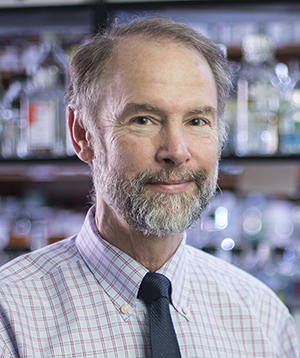
Sex differences in kidney injury
Jul. 25, 2019, 8:30 AM by Kelsey Herbers Evidence indicates men have higher incidence of chronic kidney disease and quicker renal decline than premenopausal women. However, sex differences in the expression and activation of the EGF receptor (EGFR), which mediates progressive renal injury, are largely unexplored. Ming-Zhi… Read MoreJul. 26, 2019
-
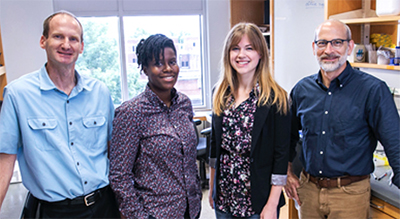
Team’s study reveals details of new DNA repair pathway
Jul. 25, 2019, 9:33 AM David Cortez, PhD, left, Petria Thompson, Katherine Amidon, Brandt Eichman, PhD, and colleagues are studying how a DNA repair pathway protein shields sites of damage to avoid mutations. (photo by Anne Rayner) by Leigh MacMillan A team of Vanderbilt investigators has discovered how a DNA… Read MoreJul. 26, 2019
-
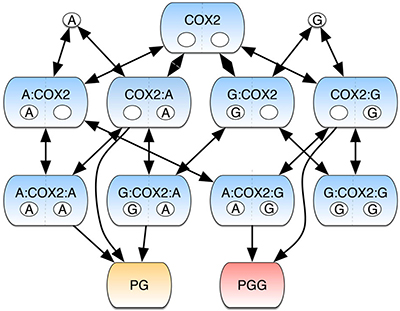
Exploring Allostery as a Signaling System
Figure reproduced under the CC BY 4.0 license from E. M. Shockley, et al. (2019) NPJ Syst. Biol. Appl. 5, 23. Multi-input/multi-output (MIMO) signaling systems, defined as networks that coordinate numerous inputs (e.g., enzyme substrates, receptor ligands, allosteric modulators) to yield multiple outputs (e.g., products, secondary signaling molecules, etc.)… Read MoreJul. 25, 2019
-
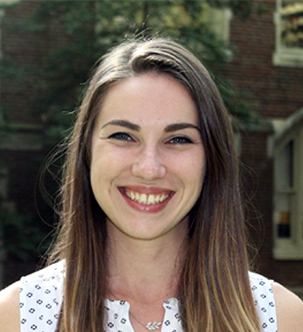
Rasmussen named Vanderbilt Prize Student Scholar
Jul. 18, 2019, 10:02 AM by Bill Snyder Megan Rasmussen, a PhD student in the Department of Cell and Developmental Biology at Vanderbilt University School of Medicine, has been selected as the 2019 Vanderbilt Prize Student Scholar. Megan Rasmussen She will receive a $1,000 cash prize and will be mentored… Read MoreJul. 19, 2019
-

Madhur receives Presidential Early Career Award
Jul. 18, 2019, 10:06 AM by Leigh MacMillan Meena Madhur, MD, PhD Meena Madhur, MD, PhD, assistant professor of Medicine, has received a Presidential Early Career Award for Scientists and Engineers (PECASE). The award, established in 1996, is the highest honor bestowed by the U.S. government on… Read MoreJul. 18, 2019
-
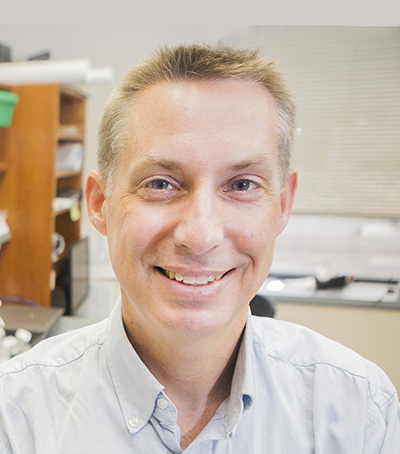
Center for Immunobiology grows, bolsters program
Jul. 18, 2019, 8:32 AM by Tom Wilemon The Vanderbilt Center for Immunobiology (VCI) has relaunched its mission with a greater focus on human immunology, an endeavor supported by additional researchers, more funding support and designation as a Center of Excellence. “We are focusing on human immune diseases and trying… Read MoreJul. 18, 2019
-
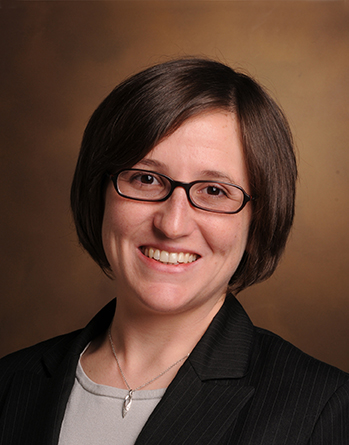
Potassium balance and glaucoma
Jul. 15, 2019, 8:30 AM by Sanjay Mishra Retinal ganglion cells (RGCs) make up the optic nerve. When RGCs degenerate due to elevated intraocular pressure caused by glaucoma, vision is lost. Cells surrounding RGCs called Müller glia maintain a healthy ionic environment through a process called potassium siphoning, where Müller glia… Read MoreJul. 15, 2019
-
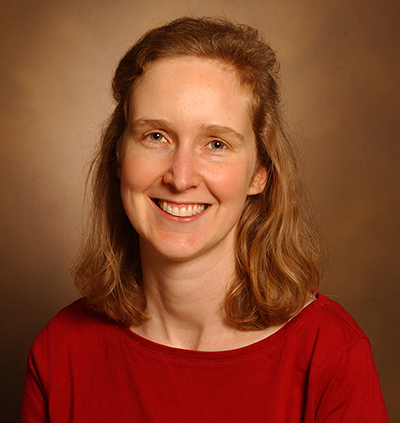
Vanderbilt team shows how stomach bug can trigger cancer
Jul. 11, 2019, 9:32 AM This illustration shows the H. pylori bacterium and a close-up of its “injector” at the stomach lining. Researchers at Vanderbilt University and the University of Michigan in Ann Arbor have obtained the first high-resolution image of a molecular “machine” used by the insidious stomach bug… Read MoreJul. 12, 2019
-
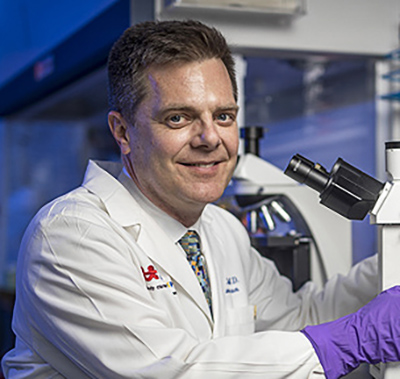
Vanderbilt vaccine pioneer James Crowe honored with major science prize
Vanderbilt vaccine pioneer James Crowe honored with major science prize Jul. 9, 2019, 8:57 AM by Bill Snyder James Crowe Jr., MD, director of the Vanderbilt Vaccine Center, will be honored today by the science and technology company Merck KGaA, Darmstadt, Germany for his contributions to developing new… Read MoreJul. 12, 2019